How do you qualify for the math Olympiad? The first step to qualify for the Math Olympiad is practice. Practice is the key to know more about the effective preparation tips to ace the Olympiad exam.
Table of Contents
Clearing the primary level to get into the math olympiad or other mathematical competitive exams requires students to think outside the box. For example, how do you qualify for the math olympiad? More importantly, practising various types of problems provides experience in solving a non-standard problem and helps acquire a deeper understanding of mathematics taught in school.
The Math Olympiad conducted in India inevitably enhances students' arithmetic and logical skills through comparative and performance analysis at school, national, and international levels.
How to Qualify for the Math Olympiad?
The practice is the magic word that will help you get into maths Olympiad exams conducted by various educational foundations nationally and internationally. Without preparation, it will be impossible for students to qualify for the math olympiads. Students can prepare for math olympiad exams by solving past year question papers and sample papers.
A student should have detailed knowledge about every topic to clear both International Mathematics Olympiad. In addition, a student must learn more about the examination pattern, syllabus, and contest problems for primary/ elementary and middle schools.
Learn the eight preparation tips discussed below to qualify for your Math Olympiad.
- Understand the Syllabus
- Practice Problems With High Difficulty
- Concentrate on Weak Areas
- Take Mock Test
- Keep Note of Tiny Mistakes
- Schedule Study Time
- Compete in Other Math Competitions
- Improve Problem Solving Skills
Understand the Syllabus
Though the syllabus for different maths olympiad exams varies, some topics are common in all the exams. Therefore, students can spend their precious hours on important topics rather than less important ones by understanding the syllabus.
Topics that must be given more importance are arithmetics, geometry, trigonometry, coordinate geometry, quadratic equations & expressions, etc. While preparing, students must understand mathematical concepts with a higher theoretical and practical knowledge level.
Practice Problems with High Difficulty
To better understand each problem, students must solve different types of problems from each concept. If you're unclear on how to solve a problem, don't hesitate to get from the teacher or any other online forum. The better you understand each problem you encounter, the more likely you will be prepared for the real thing.
Choose practice questions with great difficulty that simulates the real test-taking condition.
Concentrate on Weak Areas
While studying, focus on the areas you need more practice, which can be kept track of while solving the practice problems. Here, students can focus on the problems they found difficult to solve or problems where they found it difficult to recall the concepts.
Make a note of your mistakes and the questions that need more clarity, including what you didn't know and what you assumed while solving practice questions.
Take Mock Tests
The best way to get a clear idea of a question paper's pattern and the difficulty level is to take mock tests and solve sample papers. If the competition is held for many years, there will be many old question papers available online.
Follow the pointers while taking a mock test.
- Read each problem, and solve it.
- Keep your mock test duration the same as the main exam.
- If you cannot solve it in the given time, leave the problem and try after several hours or the next day.
- Make sure to read the solution of the mock test only if completely stuck.
Note: Students can also take the old exams' problems and shortlist the priority ones to frame their mock test series.
Keep Note of Tiny Mistakes
Even though we have prepared everything and could get the meat of a problem correct, the answer will still be wrong if there is a tiny mistake. So be hyper-vigilant when it comes to small mistakes like accidentally moving the decimal point, forgetting a negative sign, or making a fundamental arithmetic error.
Schedule Study Time
Students should dedicate enough time every week for Olympiad preparation and practice. Only by practising at least once a week can students retain all of the skills they learned.
Make a timetable with separate times for preparation and practice. Allocate more time for solving sample papers with enough breaks to keep yourselves on track.
Compete in Other Math Competitions
If a student finds it difficult to practice math problems alone, sign in for a math club at their school and compete in school level or zonal level math olympiads. It will provide students with the nerves to grab more practice opportunities. It will also help you find the student with similar interests.
Improve Problem Solving Skills
To improve problem-solving ability, students can consider referring to books specifically about solving math problems to learn how to solve math problems easily.
Students can refer to the following math books to give you skills that are not taught in regular math classes.
- Try How to Solve Math Problem by George Polya
- Problem-Solving Strategies by Arthur Engel
- Challenging Problems in Algebra by Charles Salkind and Alfred Posamentier
- Mathematical Olympiad Challenges by Razvan Gelca and Titu Andreescu
- The IMO Compendium by Ivan Matic
- Elementary Number Theory by Jones
Math Olympiad Eligibility
Our daily life cannot be complete without Math, and it is an integral part of everyone's life, from counting the different colours of candies to managing expenses out of pocket money. Moreover, no advanced technology is established without Mathematics, so it is important to know how to apply them correctly.
The basic eligibility to apply for any Maths olympiad are,
- Any students from classes 1 to 12 are eligible.
- For all the top Olympiads, the age limit should be less than 20 years.
- For students applying for the National Maths Olympiad exams, the candidate should be a citizen of India. Whereas the students applying for international maths olympiad exams must be citizens or long-term residents of the country they represent.
- The candidate must be a student on any recognized education board of India.
- There is no requirement for minimum marks.
Popular Math Olympiads in India
The most popular maths olympiad exams conducted in India are Science Olympiad Foundation (SOF) and the Homi Bhabha Centre for Science Education (HBCSE).
The SOF International Mathematics Olympiad is conducted under two levels for classes 1 to 12, in which classes 1 and 2 are not eligible for level 2.
The IMO Foundation conducts the Math Olympiad Organized by HBCSE over 100 countries from 5 continents. HBCSE is the conducting body in India. The Olympiad is conducted in six levels, where students will enrol as a national team of up to six students, but team members compete as individuals at the IMO. Thus, each participating country can send up to six students to represent their country.
Last Minute Preparation Tips for Maths Olympiad
After all the preparation, don't ruin all your hard work right before the competition, by studying tons of new concepts the night before taking the main maths olympiad.
Keep in mind the following points and focus on getting the right mindset for the exam.
- Get proper sleep the night before the test.
- Don't waste the hard work studying by staying up late the night before.
- Solve the problems that require analytical thinking two days before the exam. These problems help you to set a base to understand the complexity behind the olympiad problems.
Though numerous topics are fundamental to math olympiads, it will only help if you learn it all. Understand the most crucial theorems and see practical examples of how to apply them. For example, it would be impossible to complete the problems unless you read a good book on basic number theory.

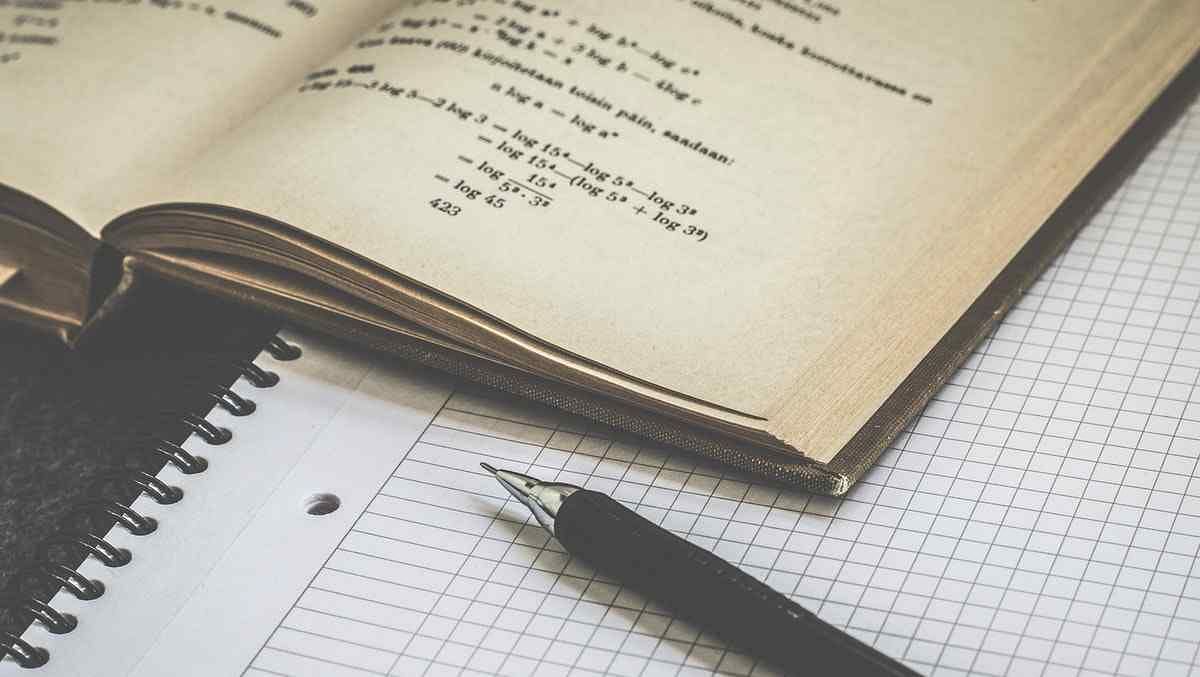
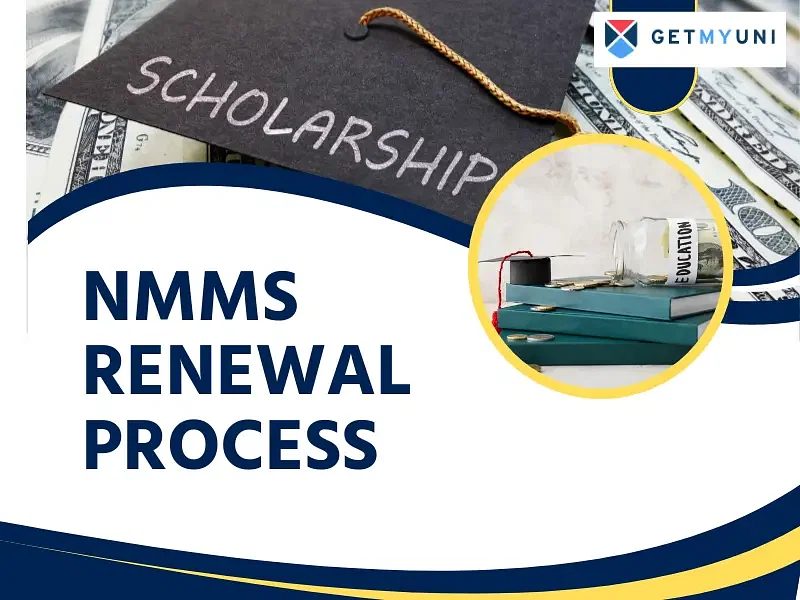
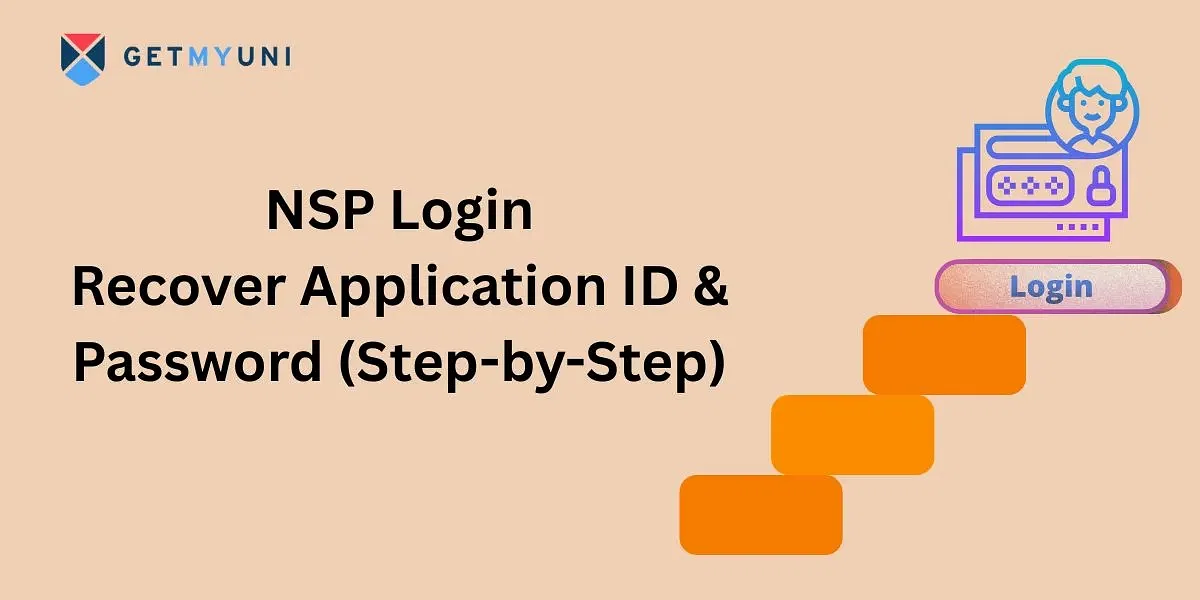

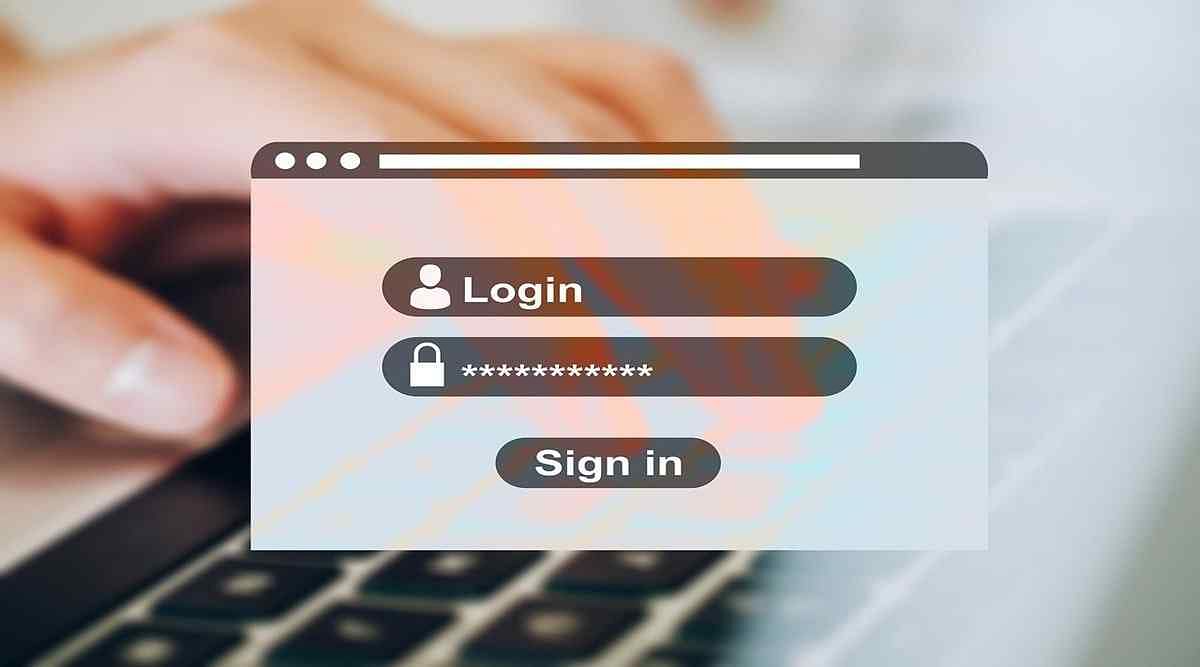
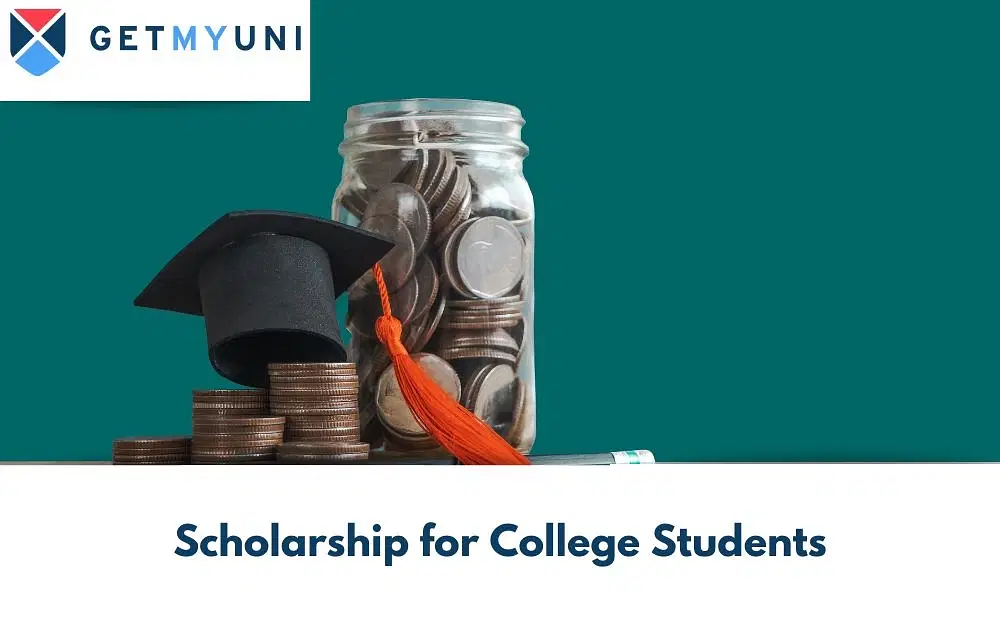



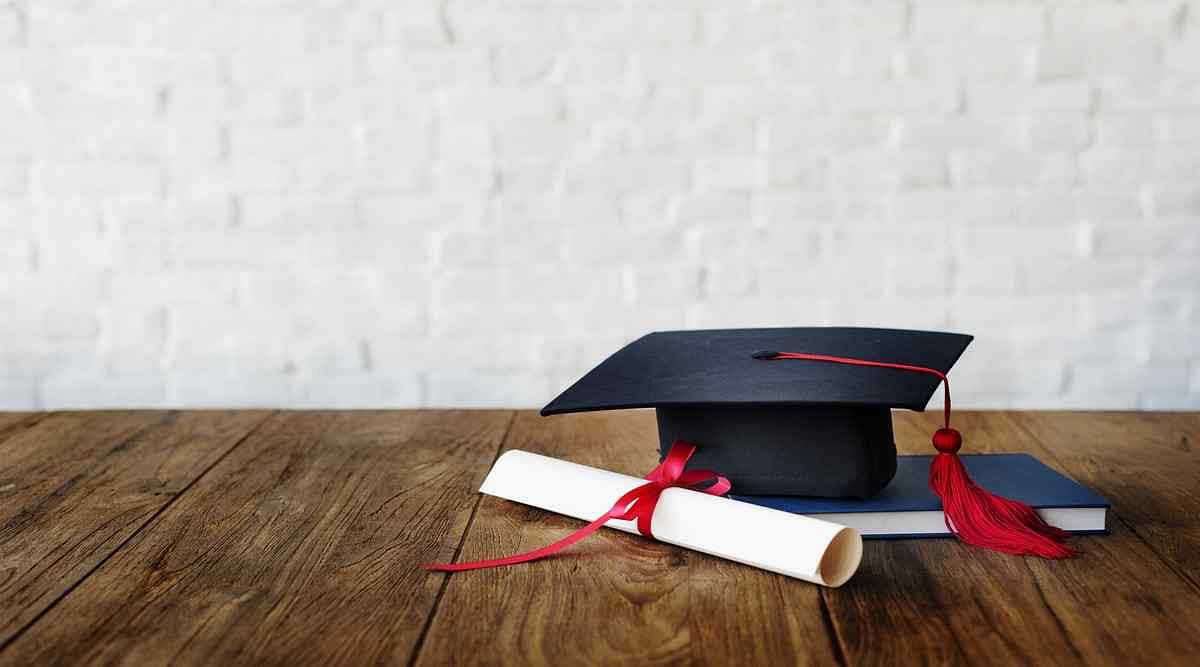

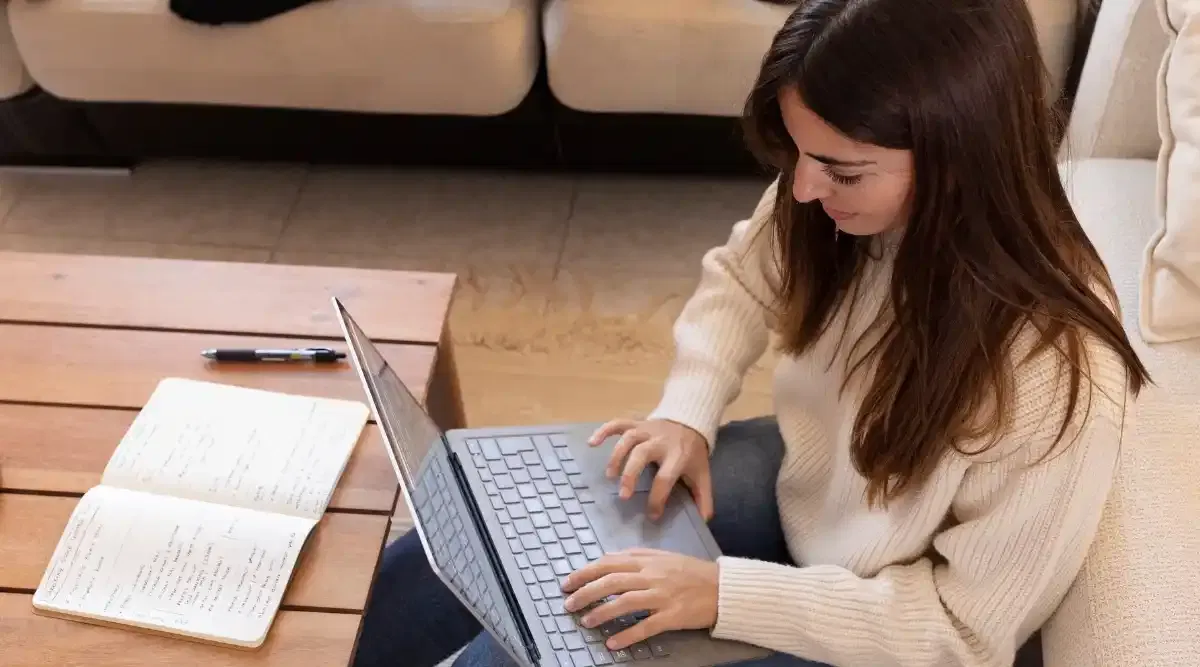

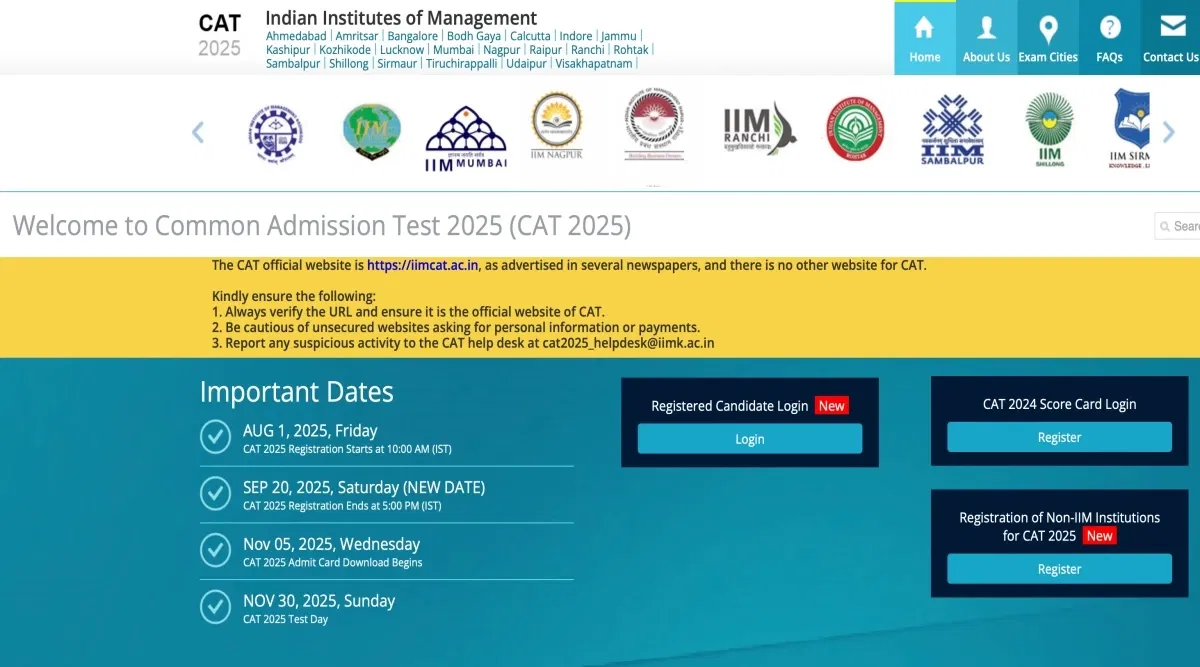

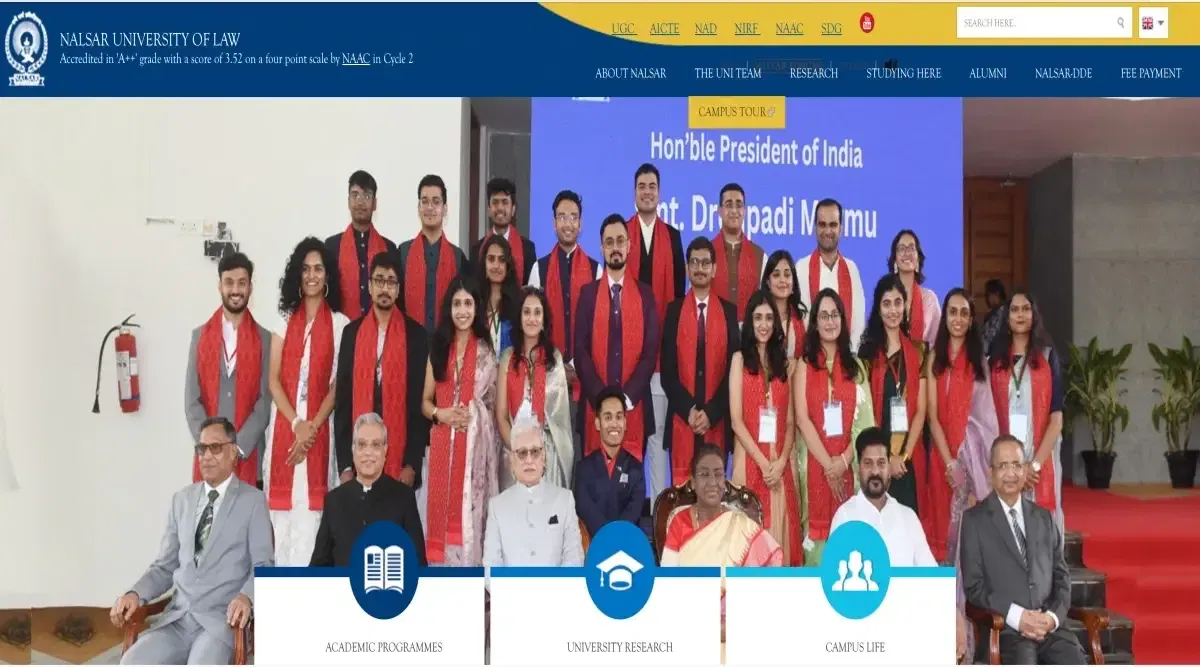

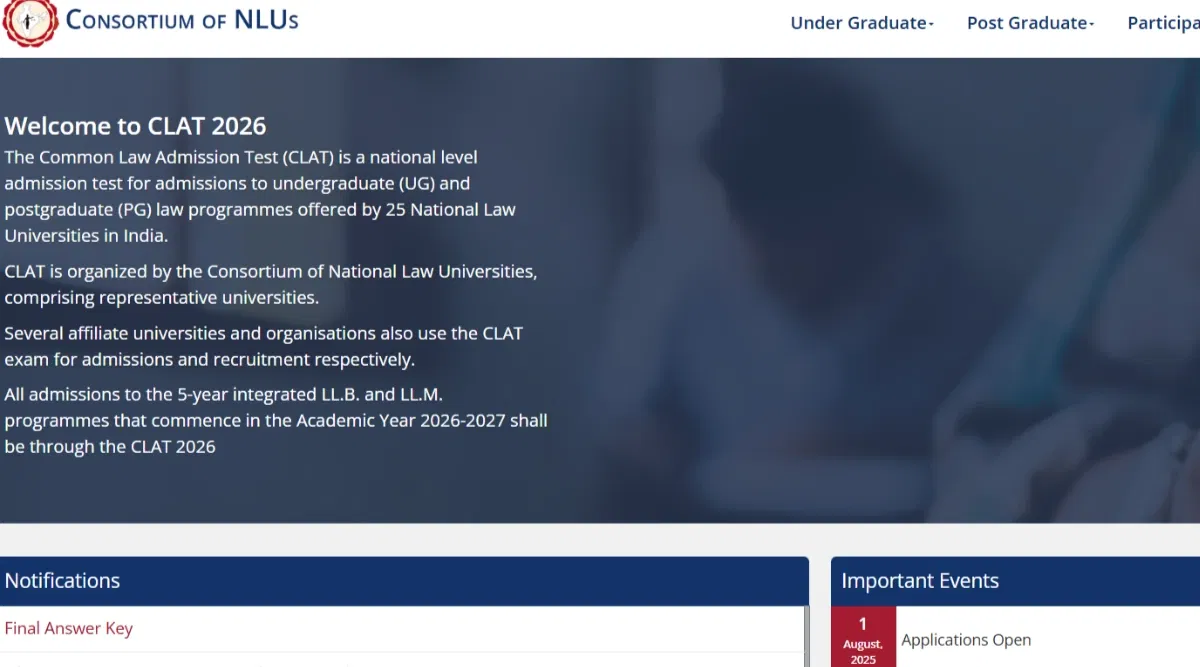
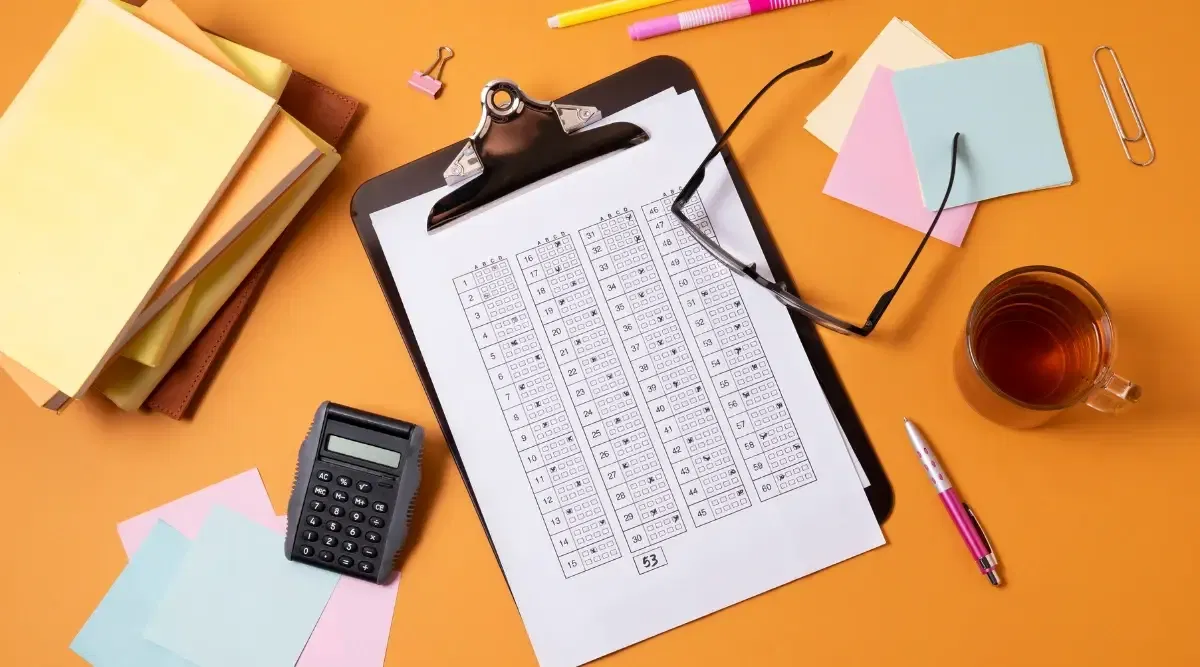
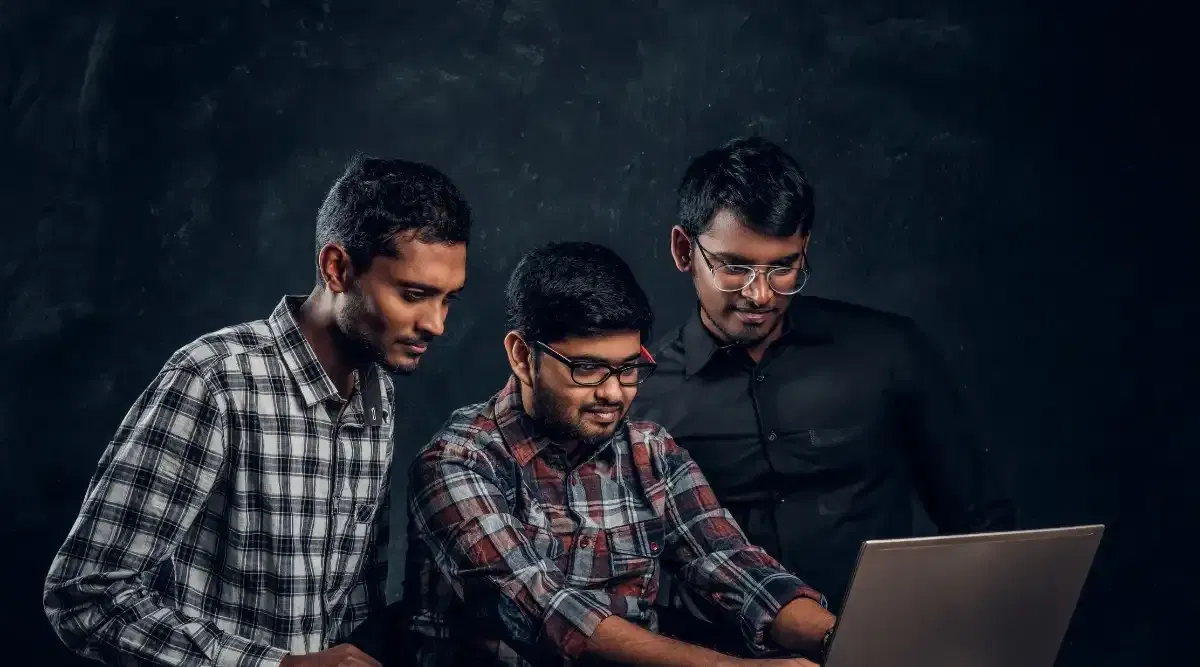


POST YOUR COMMENT